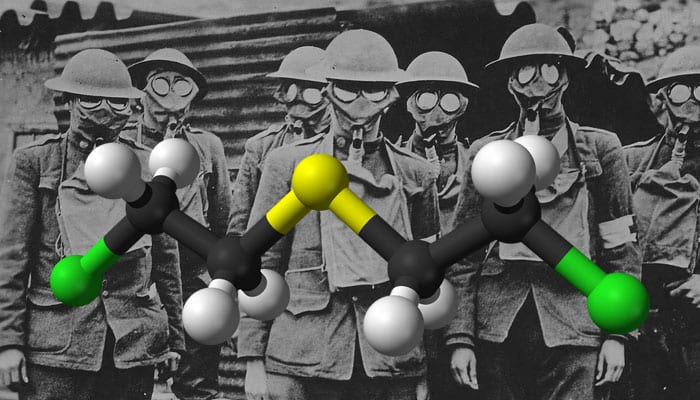Under a new three-year, $11.9 million contract with the U.S. federal government, MediWound Ltd. will advance the development of NexoBrid as a treatment for chemically injured skin in adults and children exposed to sulfur mustard.
Sulfur Mustard is a chemical warfare agent, typically dispersed as a fine mist of liquid droplets that causes thermal burns and skin injuries. The damage is slow to heal and can lead to scarring. Severe exposure can be fatal.
NexoBrid is designed to remove chemically injured skin tissue in adults and children so that the wound can heal properly.
“Mustard agents have been used in conflicts for over 100 years, yet there still are no approved treatments for the injuries they cause,” said Rick Bright, director of the Biomedical Advanced Research and Development Authority (BARDA), part of the HHS Office of the Assistant Secretary for Preparedness and Response. “At BARDA, we have a sense of urgency to develop innovative treatments to protect Americans against this and other national security threats.”
The contract supports research and development activities up to pivotal studies in animals under the U.S. Food and Drug Administration (FDA) Animal Rule. The up to eight-year contract also contains options for additional funding of up to $31 million for additional development activities, animal pivotal studies, and the FDA Biologics License Application (BLA) submission for approval of NexoBrid for the treatment of Sulfur Mustard injuries.
NexoBrid has been shown in animal models to help reduce and heal wounds caused by sulfur mustard. In these studies, the treatment appeared to be easy-to-use and effective for early and selective removal of dead and damaged tissue (called eschar) from sulfur mustard skin wounds. Currently, surgery or specialized lasers are required to remove skin tissue damaged by sulfur mustard.
NexoBrid has received orphan drug status in the United States, European Union, and South Korea and is commercially licensed in the European Union, Israel, and Argentina for the removal of dead or damaged eschar in adults with deep partial and full thickness thermal burns.
BARDA continues to seek proposals for development of effective products to treat injuries caused by chemical agents, including new products or new indications for products already in clinical use. The products must be easy to use in a mass casualty situation, and safe and effective for all segments of the population. Proposals are accepted through the Broad Agency Announcement BARDA- BAA-18-100-SOL-00003 at the Federal Business Opportunities website, www.fbo.gov.



